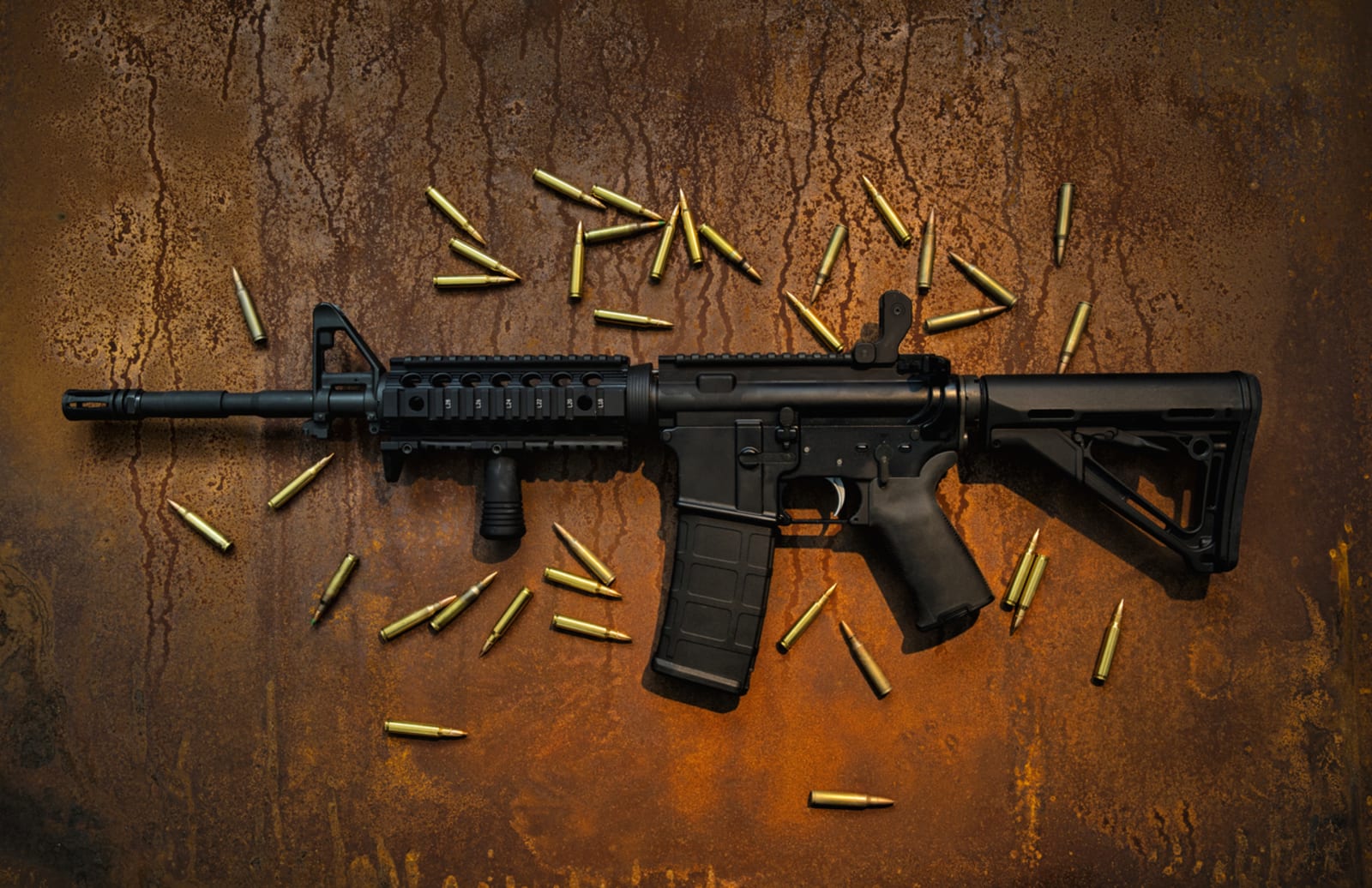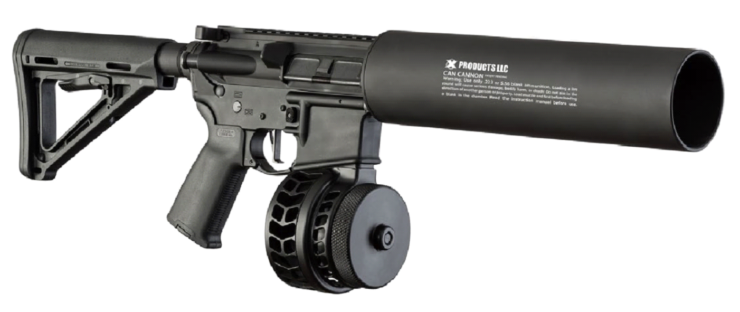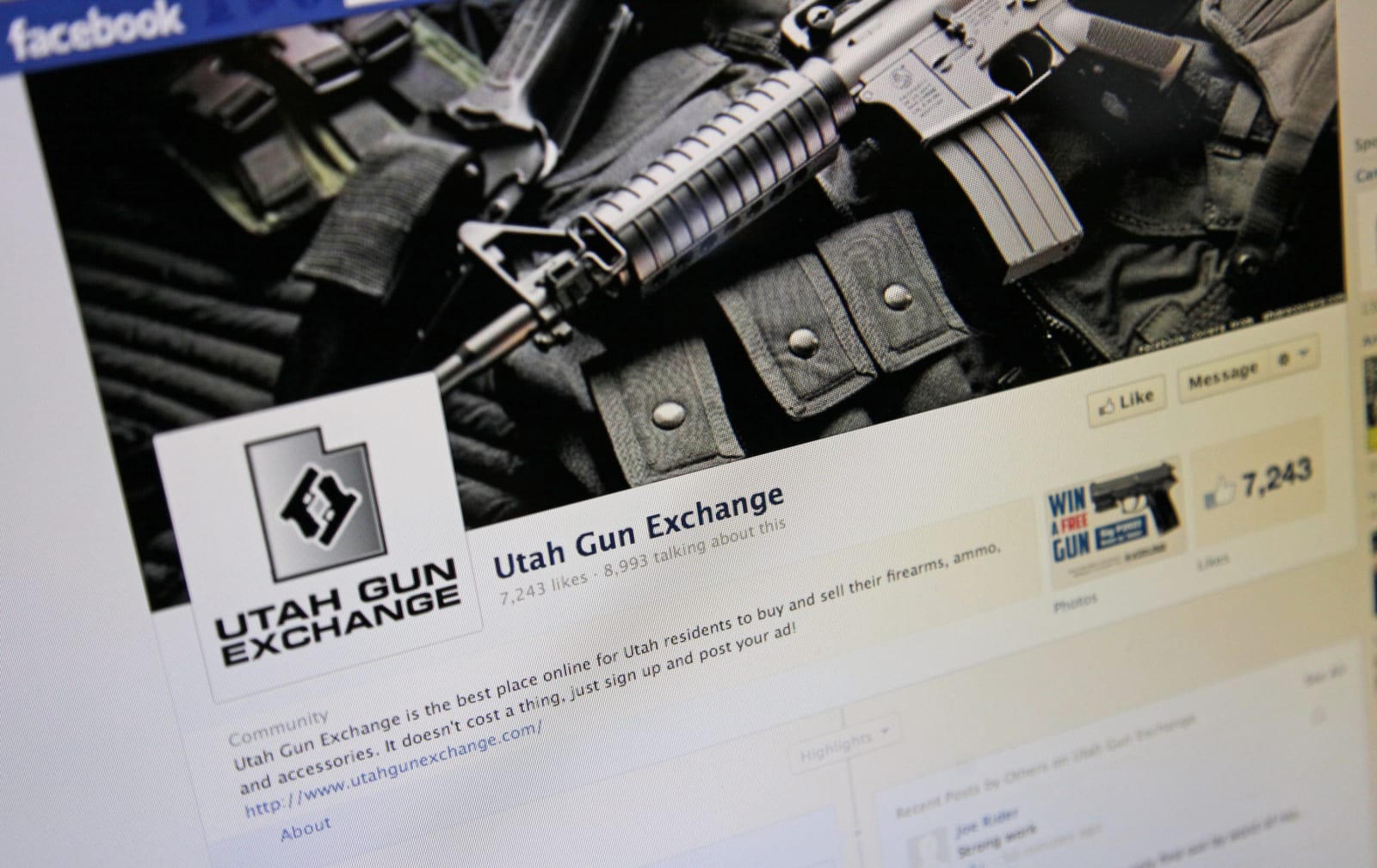
That didn't take long -- just days after its first test fire, the Liberator, a 3D-printed pistol designed by Defense Distributed founder Cody Wilson, has caught the attention of the federal government. It's hardly a surprise: the arm's blueprints were downloaded more than 100,000 times since going live on DefCAD this week. It's not the amount of downloads that's causing trouble, though, it's who is downloading them. In a letter from the US State Department, Wilson was told that it's a violation of the International Traffic in Arms Regulations to "export any defense article or technical data for which a license or written approval is required without first obtaining the required authorization from the DDTC (Directorate of Defense Trade Controls)."
The letter goes on to explain that these downloads legally count as exports under the law, telling Wilson to remove the plans from public access immediately. "That might be an impossible standard," Wilson told Forbes. "But we'll do our part to remove it from our servers." As it turns out, most of the gun's downloads were served via Mega, making full removal near impossible. Still, Wilson seems optimistic about the situation, explaining to Forbes that conversation will help mold the discussion on 3D printed weaponry. "Is this a workable regulatory regime? Can there be defense trade control in the era of the internet and 3D printing?" We're looking forward to discovering the answer ourselves.
Filed under: Misc
Comments
Via: Vice
Source: Forbes
 Gun videos may be a thing of the past on YouTube, with the Google-owned company updating its policies on firearms-related content. Videos can no longer sell guns or accessories via direct sales or even have links to sites that sell them. Videos also...
Gun videos may be a thing of the past on YouTube, with the Google-owned company updating its policies on firearms-related content. Videos can no longer sell guns or accessories via direct sales or even have links to sites that sell them. Videos also...
 Gun videos may be a thing of the past on YouTube, with the Google-owned company updating its policies on firearms-related content. Videos can no longer sell guns or accessories via direct sales or even have links to sites that sell them. Videos also...
Gun videos may be a thing of the past on YouTube, with the Google-owned company updating its policies on firearms-related content. Videos can no longer sell guns or accessories via direct sales or even have links to sites that sell them. Videos also...
 Google Shopping banned weapon listings way back in 2012, but users have just been noticing it -- and have learned that the filtering has been a little too aggressive. Visitors from the US and elsewhere have discovered that the shopping search page h...
Google Shopping banned weapon listings way back in 2012, but users have just been noticing it -- and have learned that the filtering has been a little too aggressive. Visitors from the US and elsewhere have discovered that the shopping search page h...
 Sixty percent of all the weapons sold on the dark web are smuggled out of the US, according to research from the RAND Corporation. It, along with the University of Manchester, began investigating the illegal trade in firearms, explosives and ammuniti...
Sixty percent of all the weapons sold on the dark web are smuggled out of the US, according to research from the RAND Corporation. It, along with the University of Manchester, began investigating the illegal trade in firearms, explosives and ammuniti...

 There's a whole bunch of content that you aren't allowed to post on Facebook. Threats against public figures and other users, claims of imminent self-harm, harassment and bullying (in theory at least) and the purchase, sale or trade of regulated good...
There's a whole bunch of content that you aren't allowed to post on Facebook. Threats against public figures and other users, claims of imminent self-harm, harassment and bullying (in theory at least) and the purchase, sale or trade of regulated good...
 Apparently you could buy and sell guns on Facebook before today. Note the past tense there. The New York Times says that this change is in response to President Obama's recent push for Zuckerberg and Co. to cull the person-to-person transactions from...
Apparently you could buy and sell guns on Facebook before today. Note the past tense there. The New York Times says that this change is in response to President Obama's recent push for Zuckerberg and Co. to cull the person-to-person transactions from...



